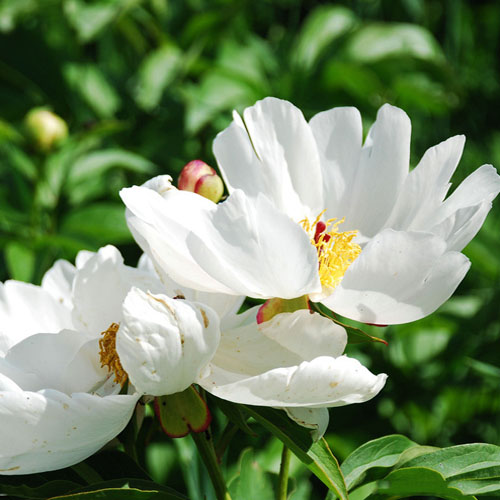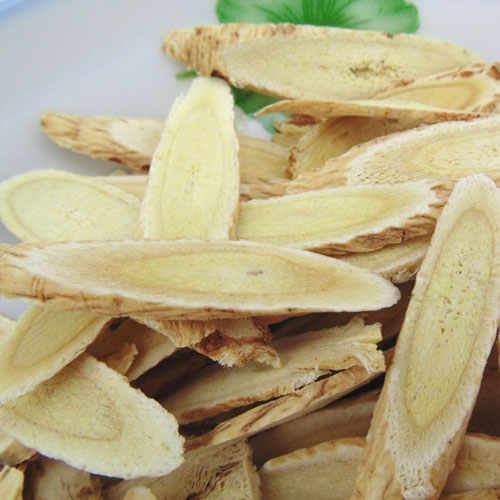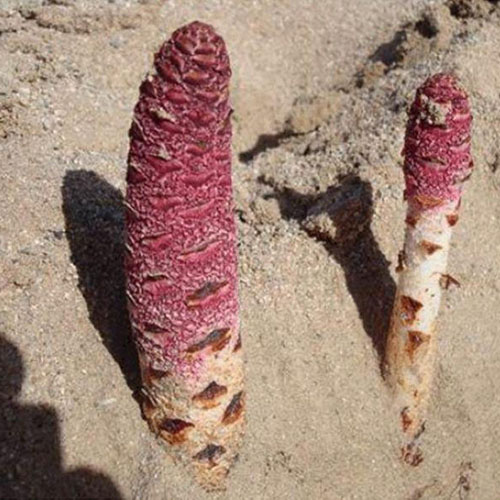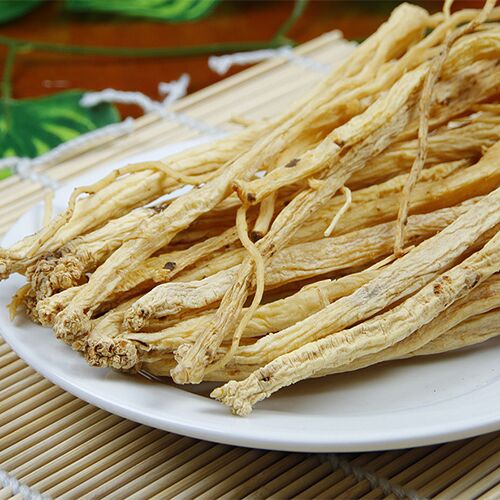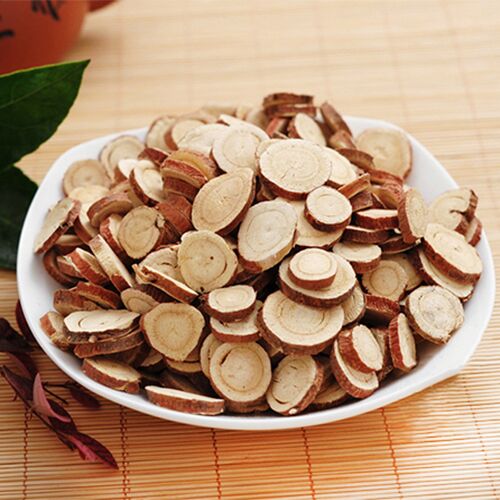- Chinese Name Bai Shao 白芍
- Latin Name Paeonia lactiflora Pall.
- Other Names White Peony Root, Radix Paeoniae Alba
- Used Part Root
- Specification Powdered Extract
White Peony Root Extract Powder
Description
Peony root is an important blood tonic used to relax muscle and cleanse the blood.
It is one of the most highly prized women’s herbs used traditionally to help regulate the female hormonal cycle and to tonify and purify the blood. It is also used as a pain reducing agent and as an emotional stabilizer by women. It is said to help relieve cramps and spasms anywhere in the body. In particular, it is considered to be highly effective in relieving menstrual cramps.
Peony root is also believed to extend life and to promote beauty. An old Chinese saying states that “a woman who consumes Peony root regularly becomes as beautiful as the Peony flower itself.”
Modern science now recognizes that a bioactive component in peony extract called paeoniflorin have been shown to help maintain the balanced responsiveness, sensitivity, and strength of a properly – modulated immune response. Through a host of subtle mechanisms, White Peony Root Extract promotes immune homeostasis – optimal immune health – by limiting production of inflammatory molecules and naturally balancing inflammation – suppressing cells and pro-inflammatory cells.
A host of human clinical trials have demonstrated that the compounds in White Peony Root Extract promote a healthy and balanced inflammatory response.
TCM Tradition
Taste & Property Bitter, Sour, Mildly Cold
Organ Meridians Liver, Spleen
TCM Functions
• Nourishes the Blood and regulates menstruation
– Liver Blood Deficiency with menstrual dysfunction, vaginal discharge and uterine bleeding accompanied by a pale face, a lusterless complexion and dull, lusterless nails
– Anemia
– Breast distention and pre-menstrual syndrome
• Astringes Yin and adjusts the Ying and Wei
– Yin Deficiency sweating
– Sweating due to Yin Collapse
– Disharmony between the Liver and Spleen
– Disharmony between the Ying and Wei with non-productive sweating
• Calms Liver Yang and Liver Wind and alleviates pain
– Liver Qi Stagnation with Liver Yang Rising
– Liver Wind with Yin and Blood Deficiency
– Bi syndrome due to Blood Deficiency with pain and spasms
• Softens the Liver and relieves pain
– Diarrhea, borborygmus and abdominal pain
– Dysenteric disorders with tenesmus

